SUMMARY
This is AI generated summarization, which may have errors. For context, always refer to the full article.
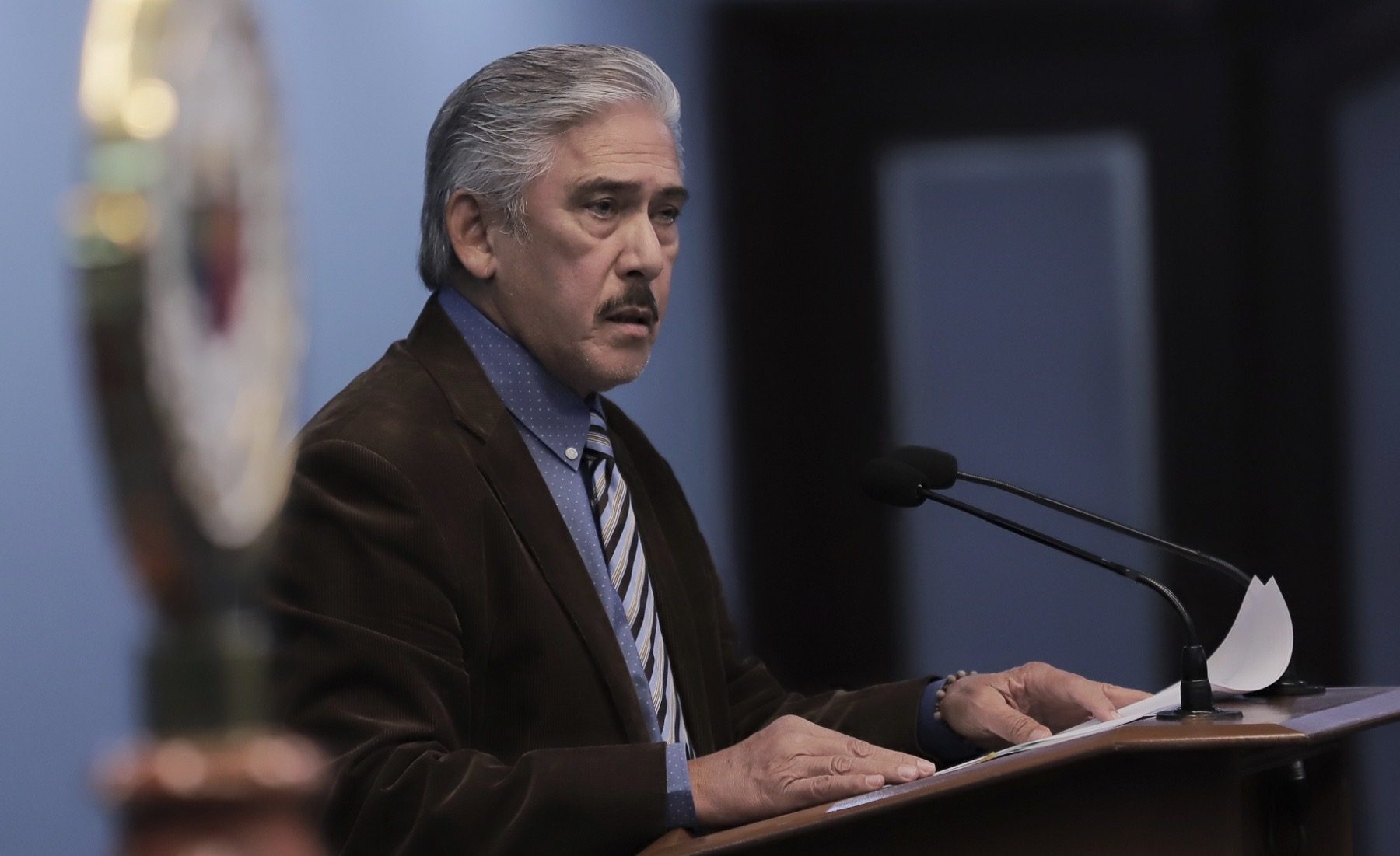
Senators urged pandemic officials to find a “middle ground” on quarantine rules for returning Filipinos (RFs) and overseas Filipino workers (OFWs), citing Cebu’s modified guidelines for the sector.
Senate President Vicente Sotto III and other senators made the call during the Senate hearing on the government’s mass vaccination campaign on Tuesday, June 15.
During the hearing, Cebu Governor Gwendolyn Garcia justified her continued implementation of modified rules for OFWs and RFs even after Malacañang said Cebu should follow the national government’s protocols.
“I hope we can try to find a middle ground,” Sotto said during the hearing.
He said his office received complaints from RFs who had to spend “tens of thousands of pesos for the mandatory 14-day quarantine and swab testing before they are allowed to go home or proceed to their city or province of destination.”
“This is not only inconvenient but unnecessary as well,” Sotto said, adding that if the government cannot afford to shoulder the cost of quarantine and swab tests, it should “adjust the guidelines” to ease the financial burden on returning Filipinos.
“I appeal to the IATF together with DOLE, DFA and OWWA to sit down with our OFW groups and formulate an ‘Oplan Pasko’ so that our OFWs come home this Christmas,” Sotto added.
Senator Panfilo Lacson said that the government should be flexible in its rules and not “too stiff, too stringent.”
“May occasion dapat na flexible tayo (There are times we should be flexible),” he said.
He cited a case of an office employee who returned to the Philippines earlier this year, but was told to spend six nights at a hotel where many other OFWs were quarantined, at P10,000 per night.
“You can just imagine what an ordinary employee returning to the Philippines has to go through. More than the inconvenience, he or she has to spend for hotel accommodations, swab tests, and related items,” Lacson said.
Sotto said the employee whom Lacson cited had to spend more than P80,000 for her mandatory quarantine: P2,000 for the van fare from the airport to the hotel that served as a government quarantine facility, P60,000 for her entire hotel stay, P4,500 for her reverse transcription polymerase chain reaction (RT-PCR) swab test, and food and personal needs expenses.
‘Best practices’
Senator Pia Cayetano said that the government must always keep an open mind to see what best practices it can adopt from local government units in pandemic management.
Cayetano and other senators supported the Cebu Governor Gwnedolyn Garcia’s executive order instructing local government personnel to require RFs and OFWs to go on hotel quarantine for a period of only two to three days, with swabbing upon arrival.
The current national policy mandates a 10-day facility quarantine and swabbing on the seventh day from arrival. RFs and OFWs also need to complete four more days of quarantine in their homes. Meanwhile, fully-vaccinated persons who got inoculated in the Philippines will just need to do a seven-day quarantine in an accredited facility.
During the hearing, Garcia said that the prolonged quarantine is an added financial burden on OFWs and RFs, as she justified the Cebu government’s implementaiton of modified IATF quarantine policies.
During the hearing, OFW advocate Susan Ople said that returning Filipinos feel like they are “being discriminated” as they are subjected to strict quarantine protocols whenever they come home.
“Ang feeling nila (They feel that) they’re being discriminated rin. They are entitled to come home and they are entitled to spend time with their families,” she said.
‘PH lax compared to other countries’
Dr. Edsel Salvaña, an adviser to the government task force, told senators that the Philippines’ quarantine protocols for returning residents are already less restrictive compared to others in the region.
“We are actually lax compared to other countries,” he said.
“Sobrang middle ground na po kami (We are already at the middle ground), but we can try looking at it,” Salvaña added.
He cited the rules of other Southeast Asian countries like Vietnam and Singapore, which require a 21-day quarantine for travelers; and Malaysia and Thailand, which both require a 14 day-quarantine in a government-approved quarantine facility.
Salvaña said that the “10+4” quarantine strategy of the Philippines is the “best strategy to protect us from the variants of concerns.” He noted that the Delta variant, which is believed to be driving the case surge in India, is already 60% more transmissible than the Alpha variant and is believed to be somewhat more resistant to vaccines after just one dose.
The Delta variant has also been linked to the increase in cases in the United Kingdom over the past few weeks.
Vaccinated travelers
During the hearing, lawmakers also asked officials to consider relaxing quarantine rules for fully vaccinated travelers.
Senator Richard Gordon proposed that “all incoming OFWs and returning Philippine residents who have been fully vaccinated abroad or in the Philippines” be sent directly for home quarantine for a period of seven days and then be tested for COVID-19 on their fifth to seventh day of quarantine.
Health Secretary Francisco Duque III told senators that while the length of required quarantine had been shortened from 10 days to seven days for individuals fully vaccinated in the Philippines, the government was also determining how to validate the vaccination status of travelers who received their shots abroad.
Foreign Affairs Assistant Secretary Eric Tamayo said that discussions were underway to determine standards for an international vaccine certificate.
Tamayo said the Philippines is eyeing the “yellow card” medical passport of the World Health Organization (WHO), as some countries have already used it in relation to other vaccines against diseases like cholera and yellow fever.
“We will be most likely building up on this yellow card system through the Bureau of Quarantine of the Department of Health, in collaboration with the DICT (Department of Information and Communications Technology), as well utilizing the database that they are building up,” he said.
Duque said he and Interior Secretary Eduardo Año also proposed having Philippine consular offices assist in validating the vaccination status of travelers bound for the Philippines. – Rappler.com
Add a comment
How does this make you feel?
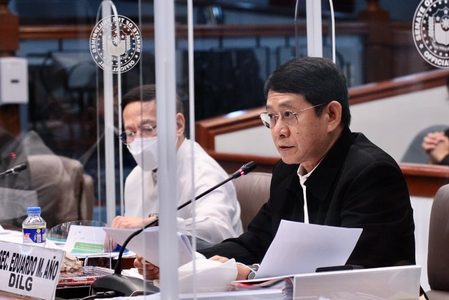
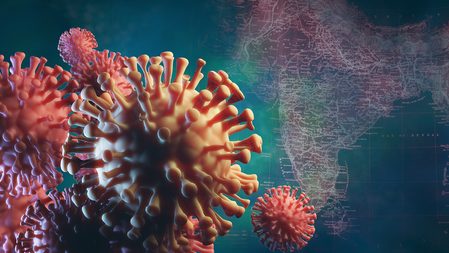


![[Time Trowel] Evolution and the sneakiness of COVID](https://www.rappler.com/tachyon/2024/02/tl-evolution-covid.jpg?resize=257%2C257&crop=455px%2C0px%2C1080px%2C1080px)


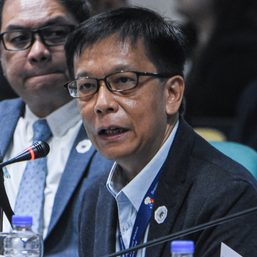
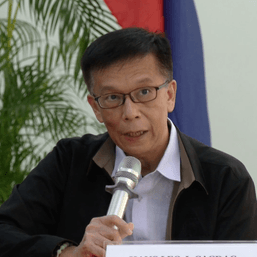

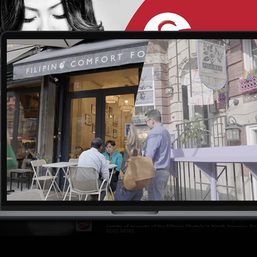
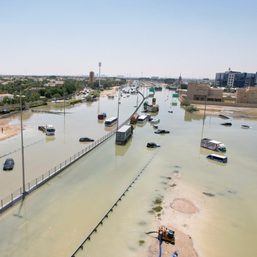
There are no comments yet. Add your comment to start the conversation.